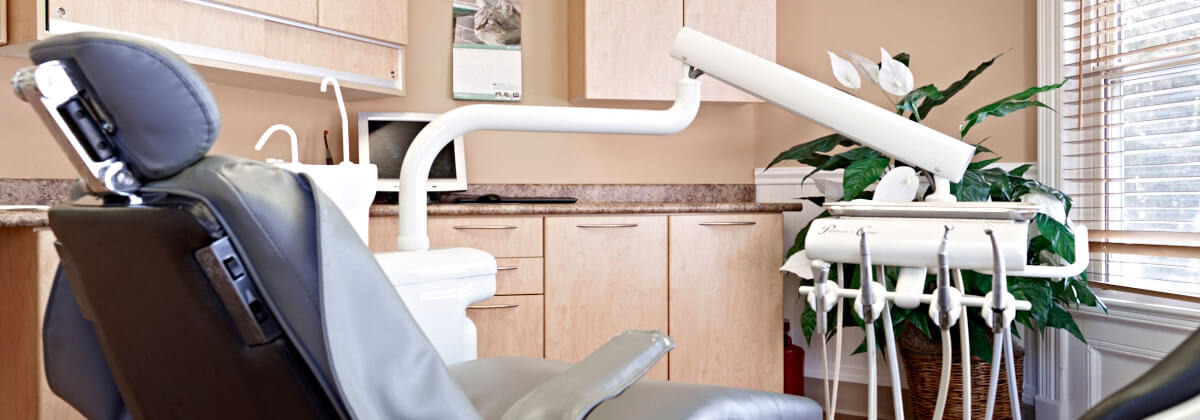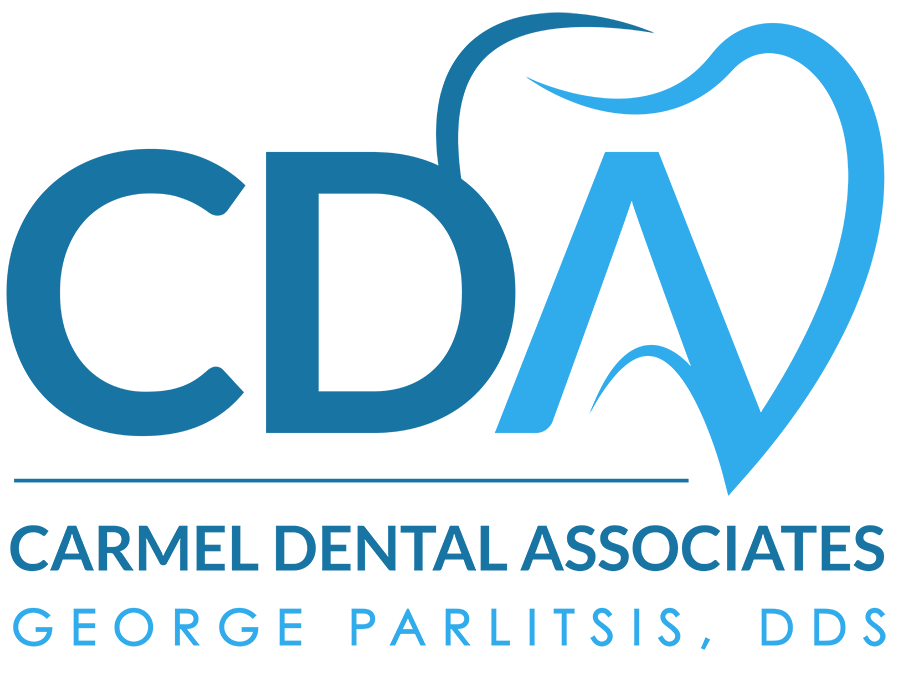Post-Op Dental Instructions

General Guidelines for all procedures:
Do not chew on hard, sticky or chewy foods for a least 24 hours. Never chew on ice. Avoid aggressive chewing and sticky foods such as “hard tack” candies that can loosen or damage a restoration. Carefully follow all guidelines provided by the doctor and their staff and most importantly practice good oral hygiene. Additional instructions following various types of treatment are listed below. Please click on the below topics for detailed instructions. In the event of an emergency, please call our office. If you are experiencing a serious or life threatening emergency, please call 911 or visit the nearest emergency room.
Carefully clean around the restoration, brushing and flossing daily. When flossing, take extra care not to loosen the temporary restoration by removing the floss too roughly. You can slowly thread the floss out by one end if necessary to avoid too much pressure on the temporary.
Once your final restoration has been placed avoid chewing on hard, crunchy or sticky foods for 24 hours in order to give time for the cement to fully bond. Mild sensitivity to hot or cold foods is not unusual and should dissipate after a few weeks. If sensitivity lasts more than six weeks please let the office know, although this happens infrequently. Ongoing care for your restoration includes brushing your teeth after every meal and snack, and flossing at least once a day before bedtime. Rinsing your mouth with water or mouthwash with also help to remove any additional particles that may have been missed during brushing and flossing. Please call our office if you are in pain or have any questions regarding your treatment.
Sensitivity to cold and heat, as well as any soreness, shouldn’t last more than a few days. Please call our office if you experience pain or discomfort for more than a few days.
Ongoing care for your restoration includes brushing your teeth and surrounding tissues after every meal and snack, and flossing at least once a day before bedtime unless you have full dentures, in which case brushing them is very important. Rinsing your mouth with water or mouthwash will also help to remove any additional particles that may have been missed during brushing and flossing.
You should visit our office at least once a year to have your dentures or partial adjusted and checked by the doctor. Wearing ill-fitting dentures or partials without proper care and adjustment can cause severe bone loss and very serious oral disease. Please call our office at the first signs of any symptoms or if you are experiencing ongoing pain or discomfort.
For the first 24 hours you may experience some cold and heat sensitivity. Do not eat, drink, chew or consume hot foods or beverages until the numbness has worn off following anesthetic. Avoid vigorous physical exercise as well as foods that are extremely hot or spicy for the first 24 hours. Do not consume alcoholic beverages or smoke for at least 48 hours. Some bleeding following a deep cleaning is normal, but if you experience excessive bleeding please call our office.
You can take ibuprofen or acetaminophen according to the instructions on the label or those provided by your doctor as needed. A warm salt water rinse, approximately one teaspoon in an eight ounce glass of water, three times a day can be helpful. Brush and floss gently following a deep cleaning, resuming normal brushing and flossing when the soreness is gone.
Follow any other instructions provided by our office on your visit. Please take all medications as prescribed.
If you have been prescribed pain medication besides aspirin, Tylenol or ibuprofen (Advil or Motrin), do not drive, operate heavy equipment, work around machinery or tools or engage in any other activity that may be unsafe when groggy, as your reflexes and judgment will be affected by the medication. Do not take more than 800mg every 4-6 hours. Medication should not be taken on an empty stomach. If you have been placed on antibiotics, take the medicine as directed. Antibiotics may be prescribed to help prevent infection.
Swelling around the face, eyes and surgical site is not uncommon. This swelling may not appear until the day following the surgery and may become more noticeable two to three days following surgery. You can help to minimize the swelling by applying a cold compress on the face near the extraction site alternating on for 20 minutes then off for 20 minutes. After 36 hours the ice will have no further impact on swelling. After this period, the application of moist heat to the sides of the face can help reduce swelling.
For 24 hours following your surgery, do not suck on a straw, brush, rinse, spit, or smoke. Avoid hot and spicy foods, carbonated and alcoholic beverages. During the first few days after surgery restrict your diet to liquids and soft foods such as soups, yogurt, juice, and smoothies. Restrict your activities on the day of your surgery, avoid excessive work or play and resume normal activity the following day as tolerated.
After the first day, gently rinse with a warm salt water rinse, approximately one-half teaspoon of salt in an eight ounce glass of water, three times a day.
If any sutures were required, they will dissolve on their own in 7-10 days. It will not be necessary to return to the office for sutures to be removed.
Children should be supervised after having an extraction to make sure they do not bite on their tongue or lips as it can cause serious injury to their soft tissue.
Please call our office if you experience severe pain, excessive bleeding or swelling, or if you have any questions or concerns. In the event of an emergency, please call our office. If you are experiencing a serious or life threatening emergency, please call 911 or visit the nearest emergency room.
